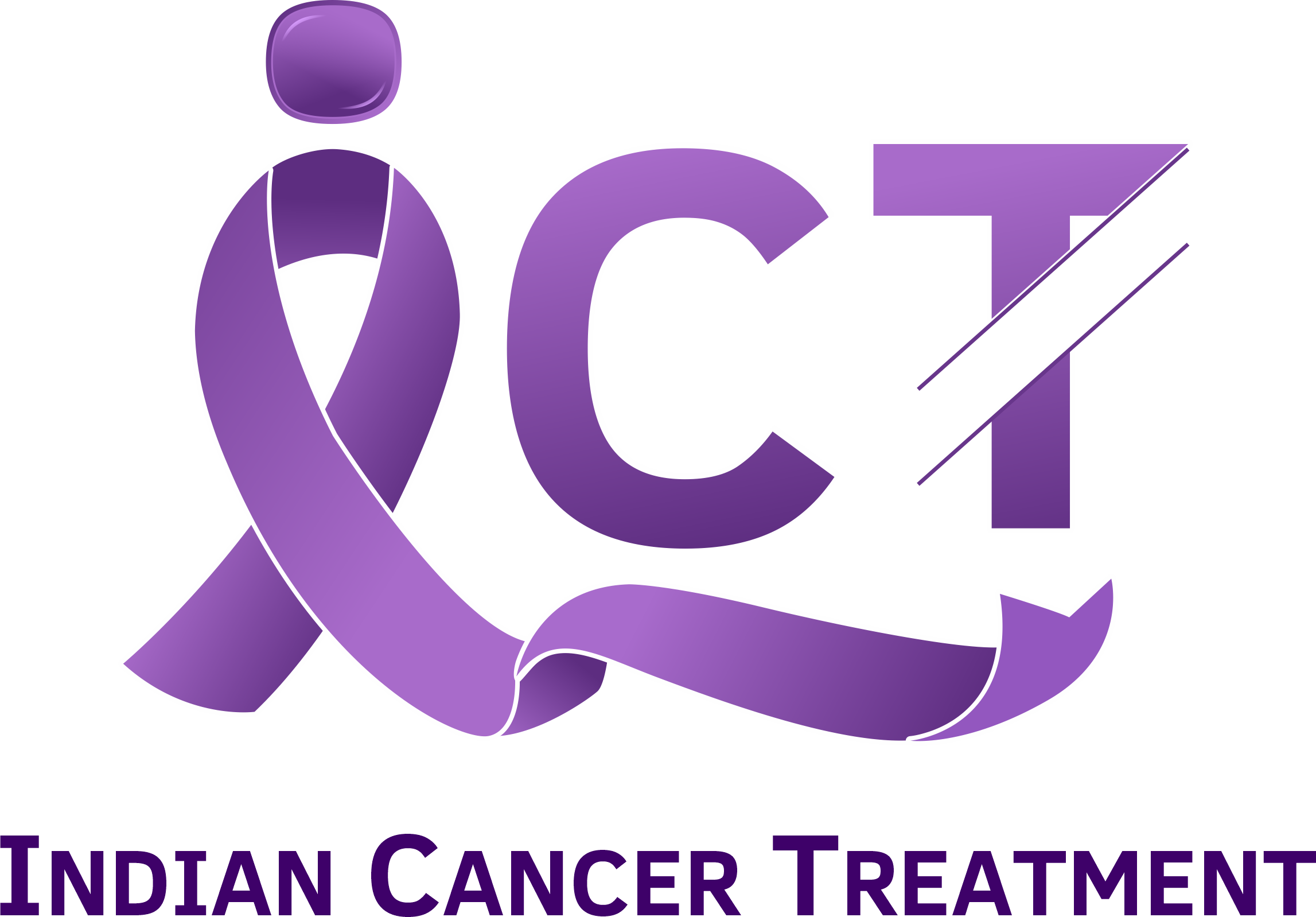By :
Dr Kirti Katherine Kabeer
Consultant
Breast Oncology
Though cancer is one of the oldest diseases since ancient Egypt, the challenges of addressing the fear, treatment and cure of this illness continues to exist. The growing knowledge and medical advances of cancer biology, particularly that of breast cancer, have changed the approach of a previously incurable condition to a treatable and at times a curable condition.
The standard treatment for breast cancer was complete removal of the breast (mastectomy) until the 1980’s when breast conserving surgery was introduced. Over the years, several researches have shown that removing the breast tumour with a rim of normal tissue around it while preserving the rest of the breast (BCS) was equally safe. Breast conserving surgery followed by local radiotherapy has shown to have a better outcome with cancer treatment in addition to maintaining a woman’s body image and quality of life.

Breast conservation surgery when combined with plastic techniques, have shown good outcomes, not only oncologically but also maintains a woman’s body shape, improving her overall quality of life post breast cancer treatment. Oncoplastic breast surgery has become the standard mode of treatment, where feasible. When breast conservation cannot be offered due to extensive disease spread within the breast, mastectomy can be done with whole breast reconstruction. This is a safe procedure, recovery time is equivalent to that of a mastectomy and long term outcomes are far better.
Further understanding of the different types of breast cancer lead to the development of various therapeutic options such as chemotherapy and targeted therapy. This progress lead visionaries to use a combination of treatments, improving results, reducing morbidity introducing the era of individualised cancer care.

Early detection of breast cancer is key to less aggressive treatments. With more screening modalities, cancer can be detected at an early stage before it starts to spread. Screening also helps identify pre-cancerous changes which can be treated, avoiding the development of cancer. Mammogram is advised as part of screening for women over the age of 40 years once every two years. Women aged 18-40 years of age are advised monthly self breast examination. If there is a doubt, a clinical examination by a specialist and age appropriate imaging Such as an ultrasound or MRI is advised. Where there is a strong family history of breast cancer, screening may be advised at more frequent intervals or test for a genetic mutation within the family. If an individual is found to have a genetic mutation several preventive and risk reducing methods that can be discussed with your specialist.
For more details : Contact Indian Cancer Treatment


